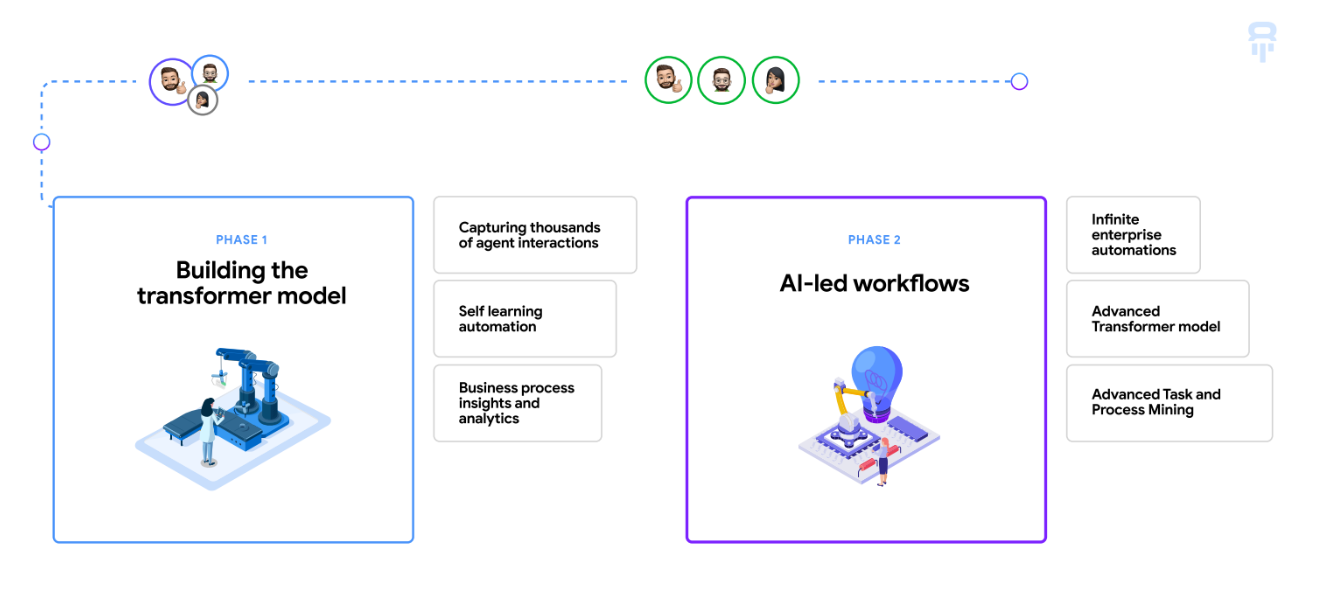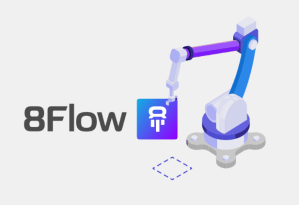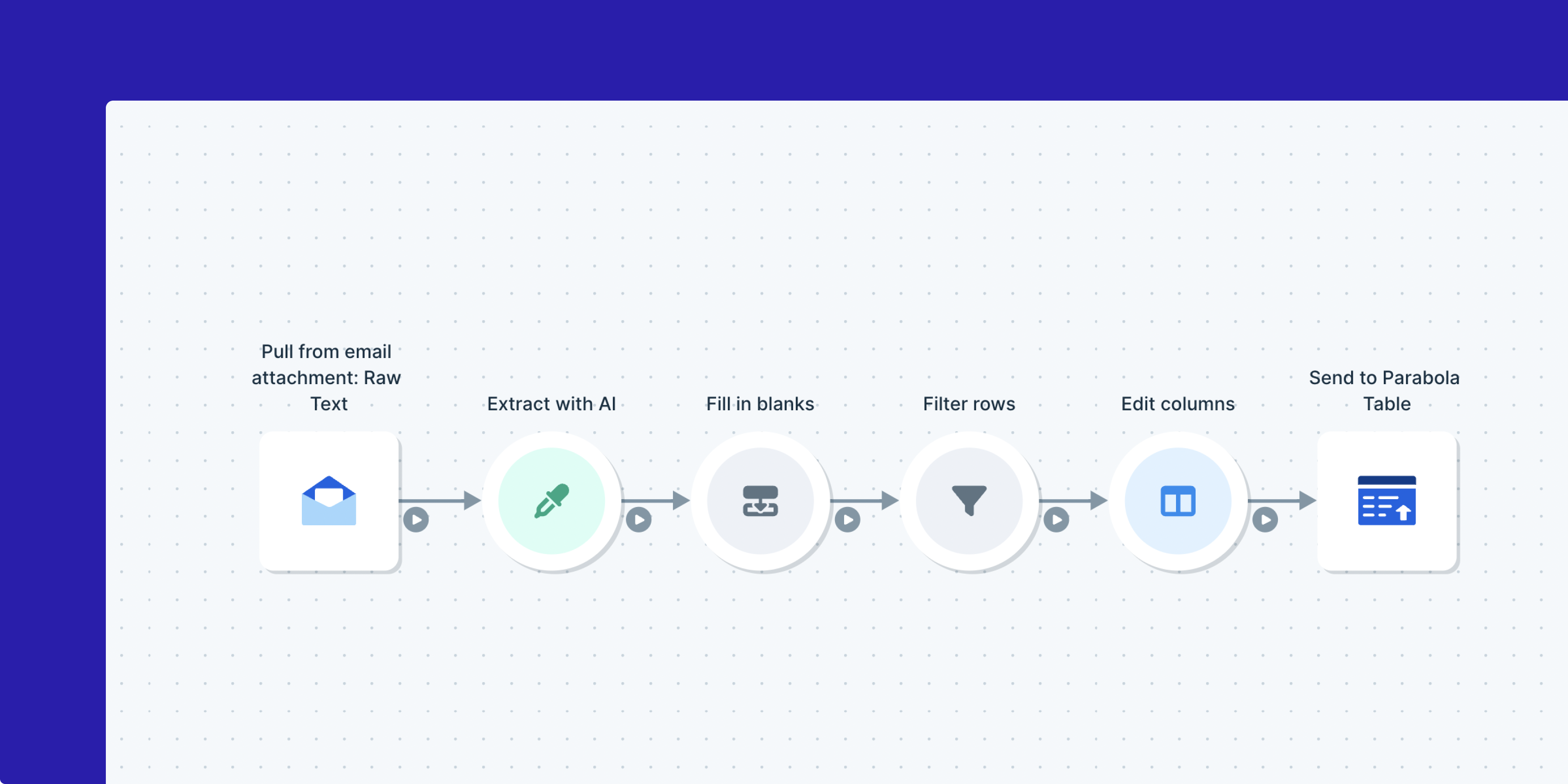Working in customer support often means navigating disjointed tools to find data and solve issues. However, many of these actions are routine and repeatable, making them ideal candidates for automation. 8Flow.ai, which is launching out of stealth today and announcing a $6.6 million seed funding round, wants to do exactly this.
The company is rolling out an enterprise-grade, self-learning workflow automation engine that integrates with tools like Zendesk, ServiceNow and Salesforce Service Cloud to assist agents in their daily tasks. But that’s only step one. The company then plans to use all of this data to train machine-learning models to generate AI-led workflows that are tailored to each user’s needs.

8Flow co-founders Josh Russ, Yev Goldin, Boaz Hecht Image Credits: 8flow
“Ultimately, where we are headed is that we’re building a tool that learns what an agent is doing today,” 8Flow co-founder and CEO Boaz Hecht told me. “But in the end, it really doesn’t matter if you’re a support agent, or you’re a finance person, or you’re an HR person, or whatever — the point is, we’re building an engine that learns in order to build a model that is then rich enough to be used.”
Right now, though, the team is still focused on phase one and on optimizing the user interface and experience. Hecht noted that this already helps out agents quite a bit and creates enough value for enterprises to pay for the product today. In addition, it also allows 8Flow to capture data and collect feedback.
“The idea is that we’re capturing data — we’re collecting the feedback — meaning we’re iterating for the agent on what they’re doing,” he explained. “Then, as they do that, we observe what they do and then we create — I almost think of it like building Lego bricks from the bottom up — we learn what bricks need to be built. Once we build the bricks, we learn how you put them together. And once you put them together, we see what you’ve built and we recreate those into pre-built workflows.”

Image Credits: 8flow
Currently, this takes the form of a Chrome extension that can automatically copy and paste relevant data from one application to another. The tool automatically learns common steps for each agent and then presents them as actions they can trigger with a single click.
As Hecht noted, fulfilling an order return, for example, may take dozens of clicks for a support agent, but it should really only be a handful because most steps are about copying and pasting data from one application to another. There are only a few steps where the agent has to make a decision (to issue the refund or not, for example) — and ideally, that’s what a tool like 8Flow allows those agents to focus on.

“8Flow has allowed my team to significantly increase efficiency and accuracy,” said Heather English, a senior customer support manager at FloorFound. “We save hours using 8Flow to eliminate the need to switch between browser tabs to copy and paste data. We’re excited about their roadmap ahead, as each release results in freeing up more valuable time for our team members.”
There’s also an additional benefit here for businesses, as they get data about which tools their agents actually use (and which they can cancel because they aren’t being used) and how they use them.

Image Credits: 8flow
Hecht is no stranger to workflow automation. He was also the co-founder and CEO of SkyGiraffe, an early enterprise mobility platform, which he then sold to ServiceNow in 2017. After that, he stayed at ServiceNow until March 2022, ultimately becoming the VP of Platform, leading the company’s teams that focused on its core platform, mobile, AI chatbots and most employee-facing products. By late 2021, he decided that he wanted to build another startup, though, taking former SkyGiraffe and ServiceNow colleagues Josh Russ and Yev Goldin with him to co-found the company.
While 8Flow’s focus right now is on support agents, largely because that’s the market the founding team knows best, there’s no reason it couldn’t add just as much value to businesses in other verticals as well.
8Flow‘s seed round was led by Caffeinated Capital, with BoxGroup, Liquid2, HNVR and Trilogy also joining the round. A number of prominent angel investors, including former GitHub CEO Nat Friedman, Airtable co-founder and CEO Howie Liu, and Snowflake CFO Michael Scarpelli, also participated.
8Flow.ai raises $6.6M to automate customer support workflows by Frederic Lardinois originally published on TechCrunch





